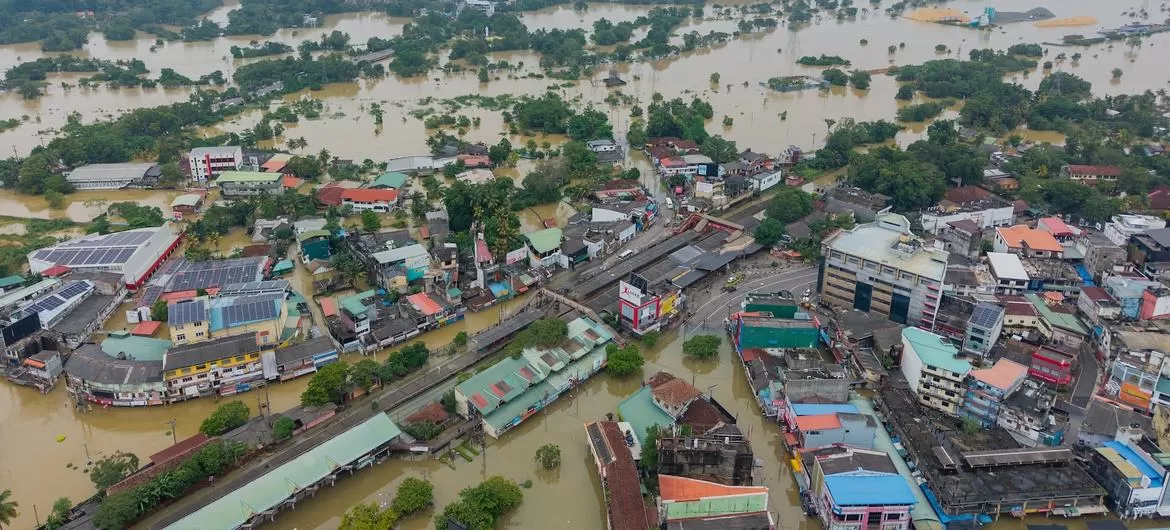
Uncategorized
By Huzefa Aliasger Gen Z, the generation born between 1997 and 2012, is in the habit of postponing child births due to economic barriers such as rising living costs and economic uncertainty looming over the country, eventually leading to the low birth rate, a top scholar said. Delivering remarks at the function to mark the launch of the 2025 World Population Report by the United Nations Population Fund (UNFPA), Professor Lakshman Dissanayake, the former Vice Chancellor of the Colombo University, said young couples want to have more kids but economic factors discourage them. He also said that postponing births would lead to Sri Lanka falling into a sub fertility trap. The Department of Census and Statistics (DCS) said earlier that the population growth rate currently is at its lowest with the percentage hitting an all-time low of 0.5 per cent since 1871. The report states that from 1953 the average annual growth rate has been constantly reducing from 2.8 per cent to 0.5 per cent, while a considerable amount of the growth rate decline is seen in the Colombo District. It is a decrease in annual growth rate from 1.43 to 0.17 per cent. “Fertility drop is not because people have changed but because systems have failed” Professor Dissanayake said. He also said that the trend now is to marry in the late 30’s due to financial instability. Dr. Hansaka Wijemuni, the Deputy Minister of Health and Mass Media said that, “The current population in Sri Lanka is ageing, with low birth rates and workforce reducing.” He also said that difficulty in finding jobs and rising expenses are adding to the current problem. Current statistics by the UNFPA confirm that birth rate from each individual female in Sri Lanka averages at 1.9 children per female. The 2025 report titled “The Real Fertility Crisis”, from the UNPA also confirms that the population had a steep rise in the 1900s and since 2010 it went “From population explosion to population collapse. ”Some testimonials given to the UNFPA state “I have one child but don’t plan on having any more. I am unable to do so due to financial instability, precarious employment, unaffordable housing, and the high cost of childcare and education.”





